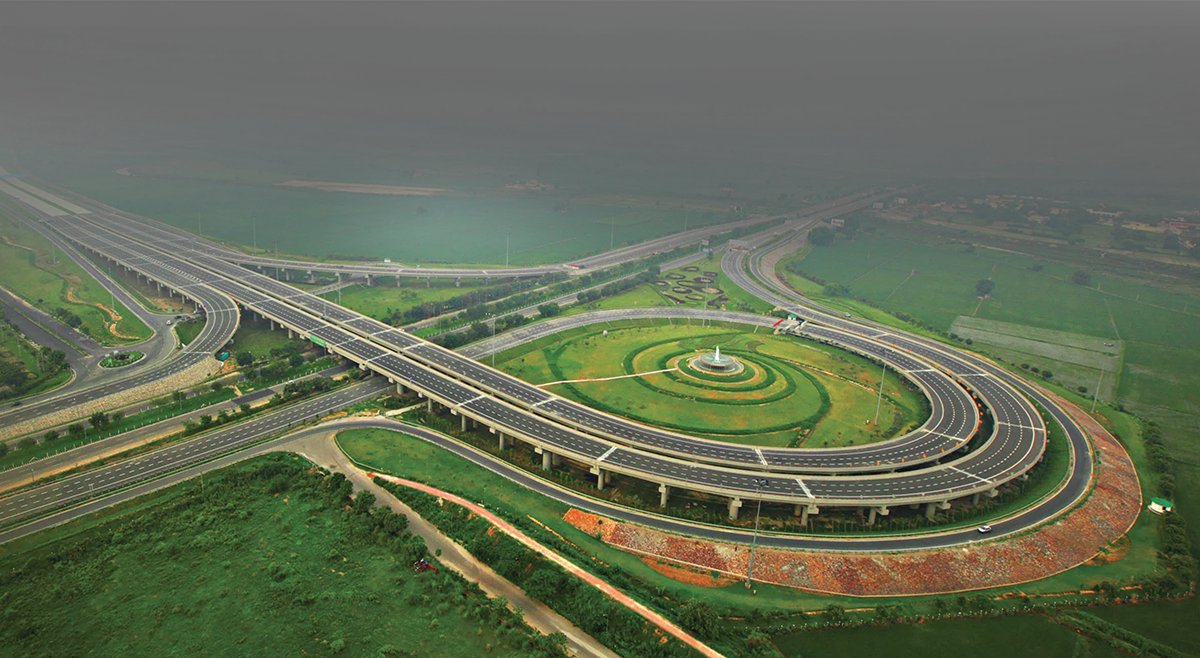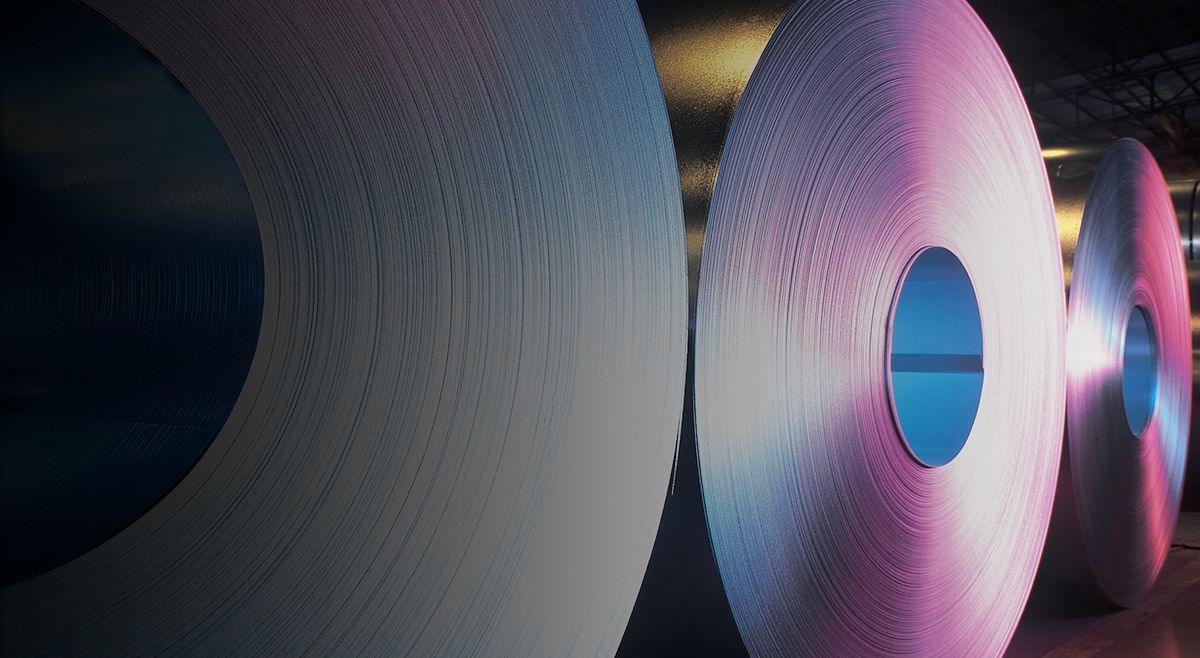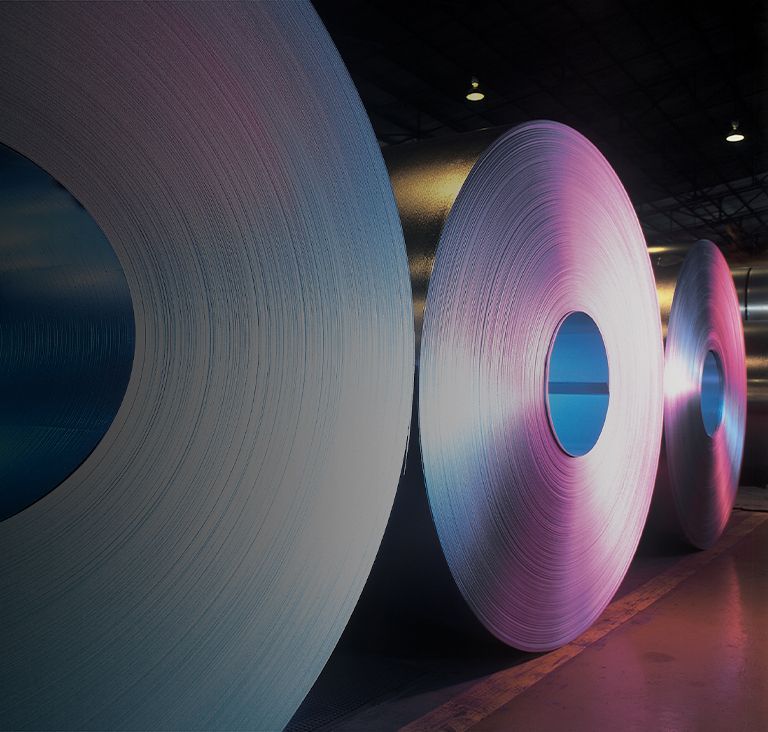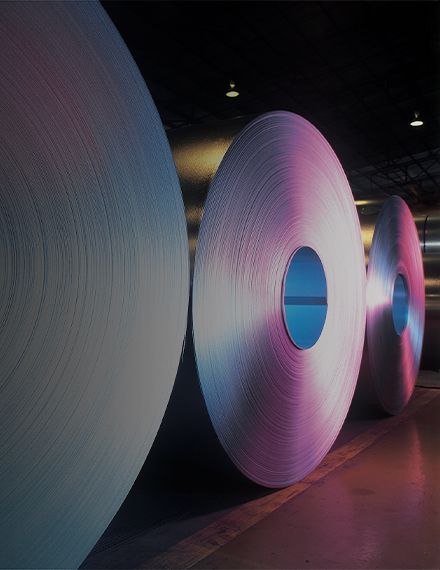A Battle against the Odds
As Published in Fortune India
Sajjan Jindal, the reclusive 60-year-old billionaire chairman of JSW Group, began his career with a steel plant in 1982 and is now head of the country’s largest steel company, JSW Steel. But, his journey has been filled with its own share of ups and downs. Jindal and the group’s flagship, JSW Steel, might have overtaken the oldest private player in the business, Tata Steel, but the journey hasn’t been easy.
Fortunately, it is a few incredible traits of Jindal, like the ability to take calculated risks and remain optimistic even in the face of adversity that have made the Mumbai-based JSW Group a $12-billion infrastructure conglomerate today. Currently, JSW Steel is India’s largest steel player, while JSW Energy stands fourth in the pecking order behind Tata Power, Adani Power, and Reliance Power; JSW Cement, headed by his son Parth, ranks sixth among cement players. The group also includes unlisted JSW Infrastructure which is in the ports and berths business. JSW has even entered consumer-facing businesses like providing steel to steel furniture makers as well as the paints business.

Inorganic growth has always been an integral part of our growth journey and will continue to explore strategic opportunities, both in the domestic and international markets.


Mr. Sajjan Jindal, Chairman, JSW Group
JSW Steel is on an Expansion Spree

At the heart of Jindal’s empire is JSW Steel, a Fortune India 500 company that ranked No. 24 on the list. It accounts for more than 90% of the group’s revenues, at $11 billion, and has a client list that stretches from IKEA India and Adani Ports to Yamuna Expressway and Chennai Metro. Many of the group’s other businesses are anchored around the steel business which has been growing at an impressive clip. That’s why, within the hushed corridors of JSW Group’s new corporate headquarters, the top management is busy working on a road map to tap into a new-found opportunity.
We are at an inflection point in the power sector, like where the steel sector was two years ago. The excess capacity of 25,000 MW to 30,000 MW in the system will be over in the next two years and then we will have a shortfall for the next two to three years


Prashant Jain, Joint Managing Director & CEO, JSW Energy Limited
The company wants to grab a lion’s share of an expected 160 MTPA steel shortfall in India in the next 10-12 years with demand expected to outstrip supply because of rapid infrastructure development. The National Steel Policy document of 2017 forecasts steel demand will touch 300 million tonnes a year by FY31 while the current capacity of the steel industry is 140 million tonnes a year.
The top management is non-committal about its exact capacity expansion plan, but stock market analysts and sector experts believe the company is looking to expand far beyond its targeted 45 million tonnes per year by 2030. Analysts say the plan is to achieve 100 million tonnes a year in the next 10-15 years; the current capacity is 18 million tonnes.

On many an occasion, Sajjan Jindal had said that challenging the status quo has been his philosophy of life. He’s also not one to give up easily. “When you go through a downturn, instead of becoming demoralised and depressed, it’s better to think in a positive way,” he told Fortune India in 2011. It’s a spirit he’s probably inherited from his father, O.P. Jindal, a politician and philanthropist from Hisar in Haryana. O.P. Jindal was a farmer’s son who began with a small bucket-making unit in Hisar when he was just 22 before he set up Jindal India, a pipe-production unit, in 1964 and then his first big factory in Kolkata called Jindal Strips. More than 50 years down the road, Sajjan Jindal has also proved his mettle.






